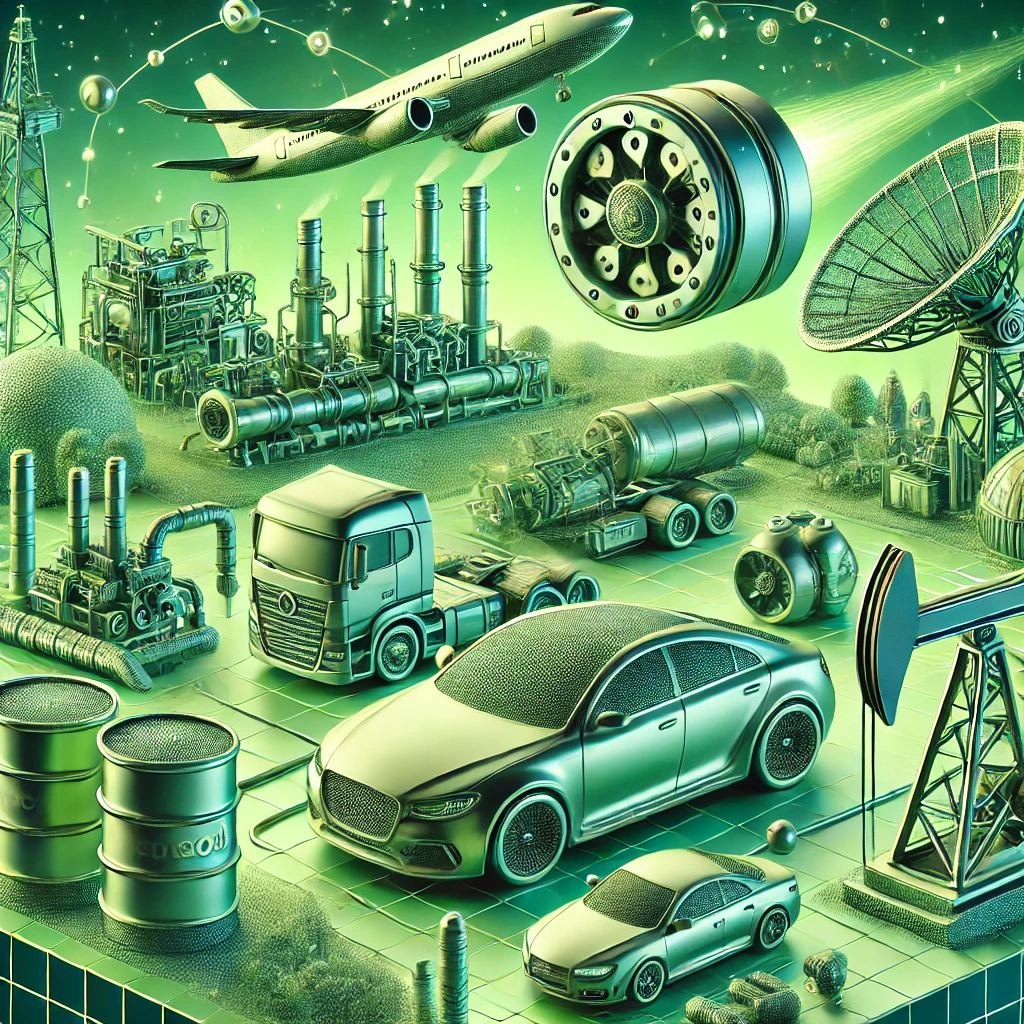As we all know by now, the novel coronavirus, or COVID-19, has become a global pandemic. Entire cities, states, and even countries are shutting down in an effort to curb the spread. Yet not everyone can stay home. Whether your office is still open, or you work in an essential industry such as a grocery store or a hospital, you know that frequent hand washing or sanitizing is essential. We all know the basics of washing our hands (be sure to wash for a full 20 seconds!), but what exactly is hand sanitizer and how can it help protect you against catching COVID-19?
The History of Hand Sanitizers
Alcohol has been used as a sterilizing agent since antiquity. As germ theory came into focus in the mid-1800s, it rapidly became an important part of pre-surgery cleaning and disinfecting. Unfortunately, pure alcohol evaporates too quickly to be used as a hand-washing replacement.
During World War II, Goldie and Jerry Lippman noticed that rubber factory workers were having a terrible time cleaning their hands at the end of the day, often resorting to dangerous chemicals such as kerosene. They set out to create a better hand cleaner, founding GOJO in 1946.
In the 1980s, executives at the now extremely successful company noticed a rise in both food-borne illnesses and hospital-acquired infections. Correctly attributing at least part of this rise to inadequate hand washing, the company invented Purell. The first portable, alcohol based hand cleaner that required no sink or towel debuted to hospitals and schools in 1988, and to the consumer market in 1997.
Today, hand sanitizer is incredibly popular. Numerous brands manufacture it and millions of people use it. And during a pandemic, such as COVID-19, stores can’t keep it in stock.
The Chemistry of Hand Sanitizers
So, what’s in a hand sanitizer? The answer varies slightly between brands, but traditional hand sanitizers contain alcohol suspended in a gel. The alcohol kills germs, while the gel both soothes the hands and prevents overly rapid evaporation of the alcohol.
The alcohol may be ethyl alcohol, isopropyl alcohol, or a combination of both. Ethyl alcohol is known as drinking alcohol, as it is the form present in alcoholic beverages. Isopropyl alcohol, or rubbing alcohol, is used as antiseptic or solvent and is dangerous to consume. The two are chemically similar, but have different structures.
The gel consists of water and various additives. Acrylic acid polymers known as carbomers help to create the gel consistency, while emollients and moisturizers help to protect the skin and make the sanitizer easier to spread.
Note that some modern hand sanitizers are alcohol free. Though they use alternative cleaning agents that are effective against some bacteria, they do NOT offer protection against the novel coronavirus, COVID-19. To protect you from coronavirus, the Centers for Disease Control (CDC) states that a hand sanitizer must contain at least 60% alcohol.
How Hand Sanitizers Kill Coronavirus
Hand sanitizers are ineffective against some viruses, such as the gastrointestinal illness-causing norovirus, because those viruses lack external membranes. Fortunately, the novel coronavirus, COVID-19, does have such a membrane.
Hand sanitizers work against coronavirus in two ways. First, disrupting that external membrane kills, or inactivates, the virus. Second, the sanitizer strips oils from your skin that tend to harbor the virus, as well as a variety of bacteria.
Hand sanitizers only work if you use them correctly. It’s important to thoroughly cover your hands with sanitizer, back and front, and rub vigorously until they are dry. This should take around 20 seconds, or the same length of time as proper hand washing technique.
Making Your Own Hand Sanitizers
With hand sanitizers flying off the shelves due to the coronavirus outbreak, you may not be able to find any commercial brands. However, it is simple enough to make your own.
Combine 2/3 cup of rubbing alcohol (91% or higher) or vodka (180 proof or higher) with 1/3 cup pure aloe vera gel. You can add 8 to 10 drops of your favorite essential oil if desired. Mix thoroughly and then store in a bottle with a pump or squirt top.
If you’re looking for pure, safe, top quality chemicals, Noah Chemicals can help. We are dedicated to providing clients with only the purest chemicals. Buy these chemicals directly from our massive online catalog. To speak with a qualified chemist about custom chemicals and bulk ordering, contact us today!




